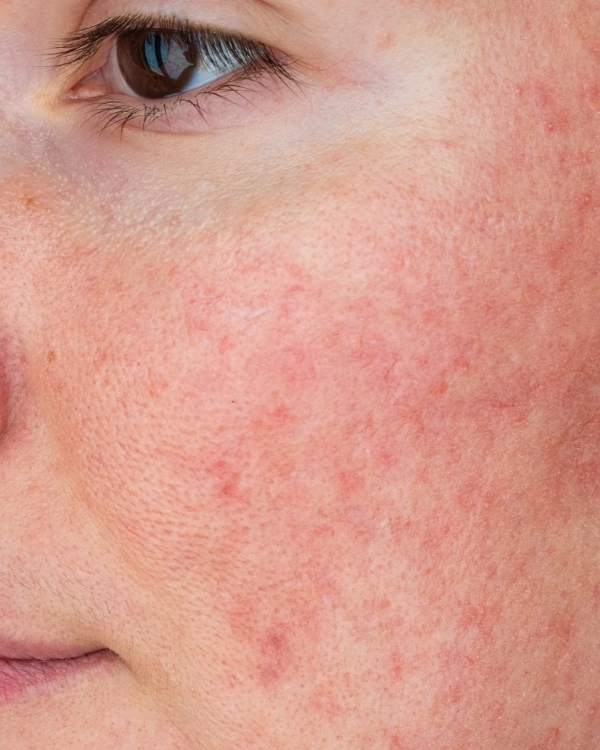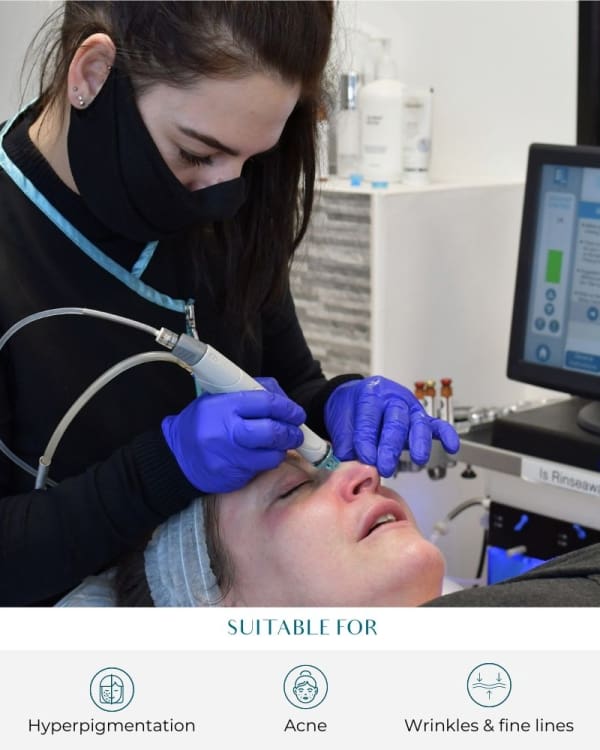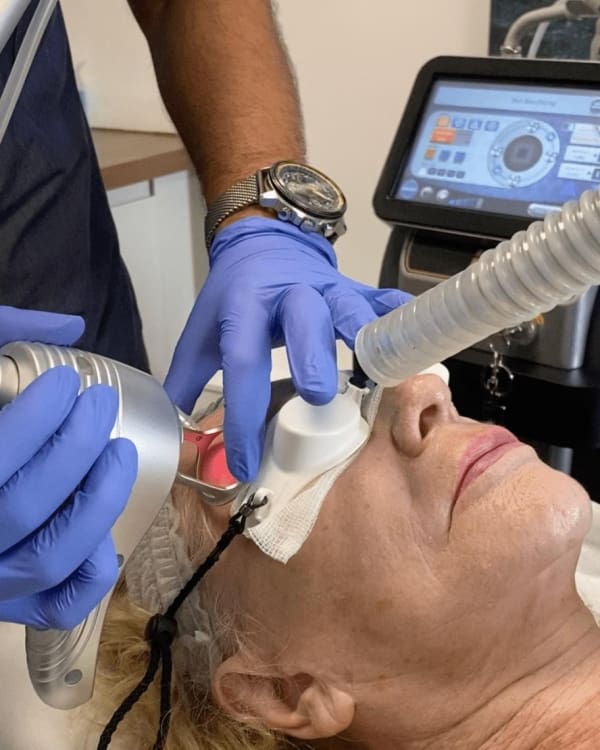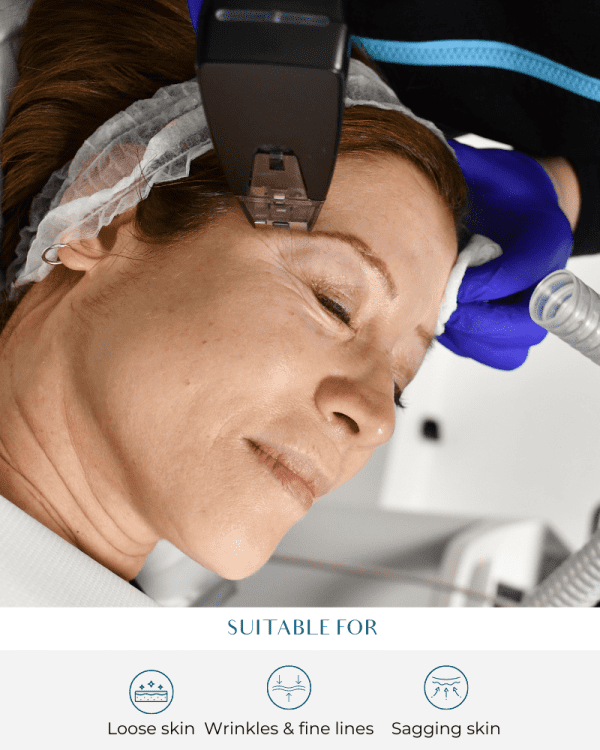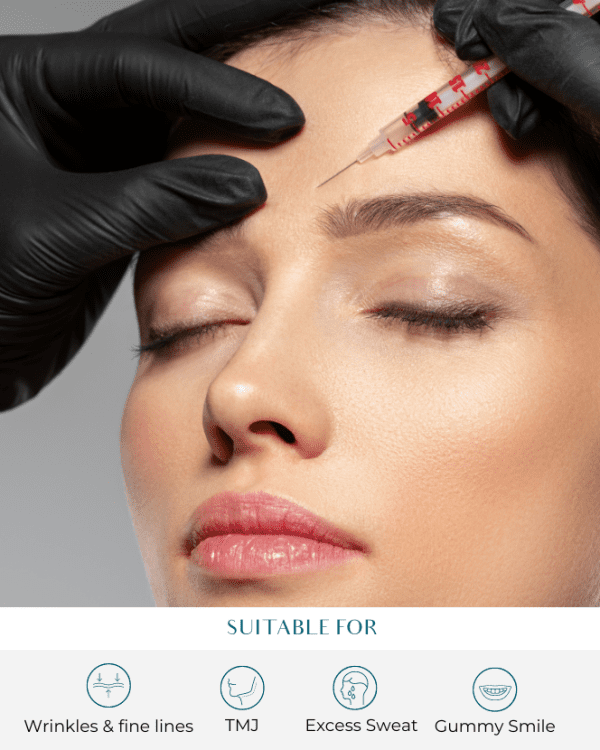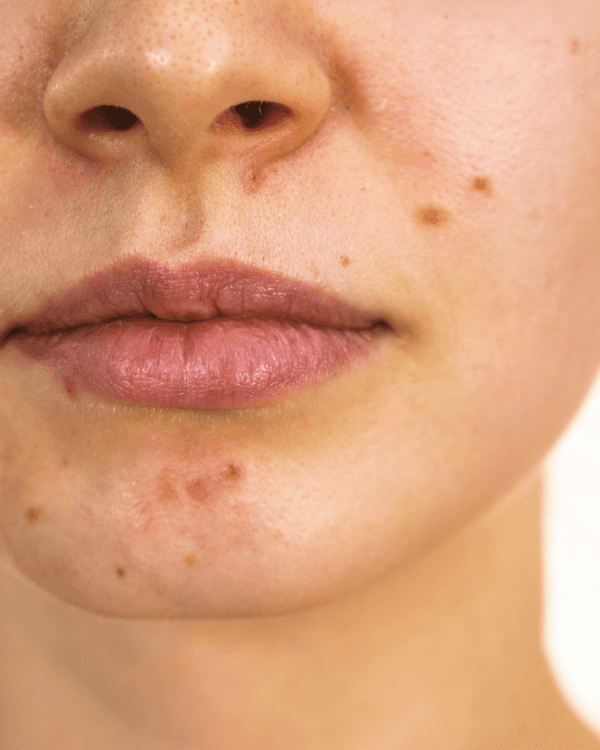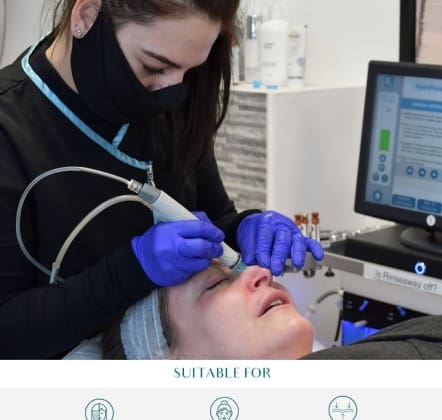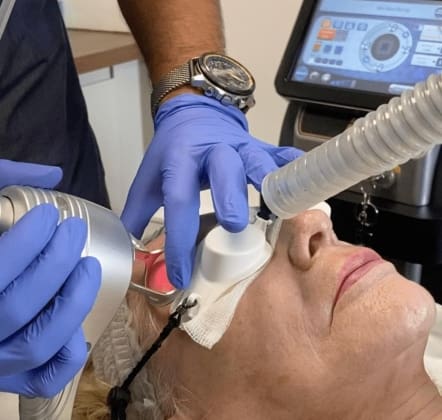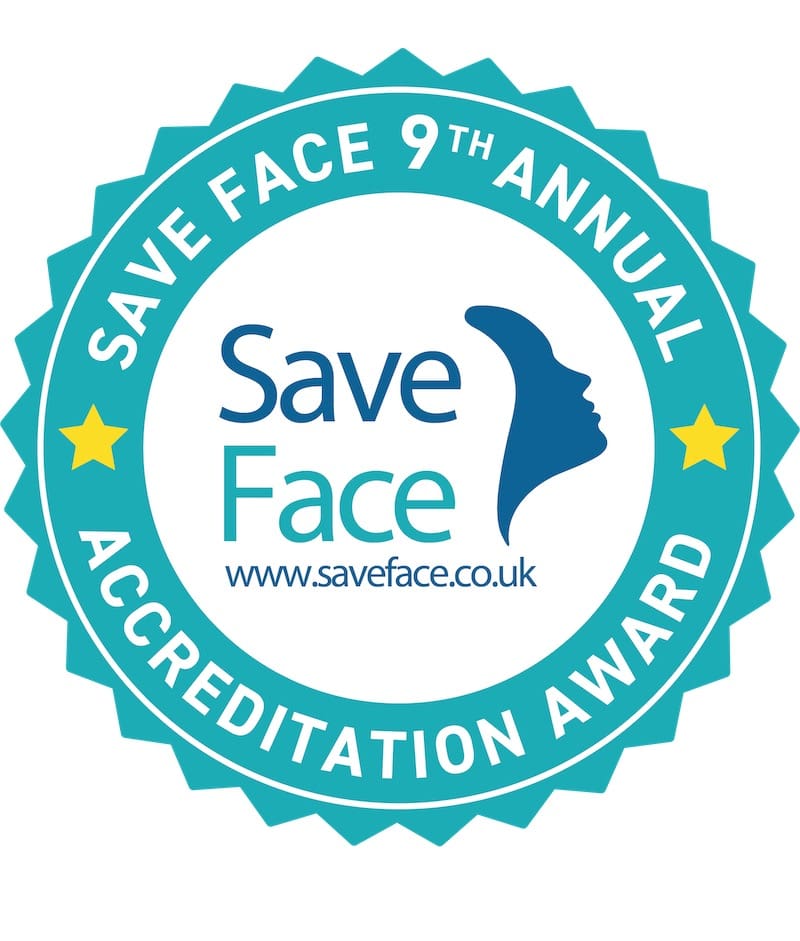Dr Dev Patel on ITV News: Body dysmorphia sufferer’s fillers addiction struggle as ad ban targets ‘Love Island face’ demand
Body dysmorphia sufferer’s fillers addiction struggle as ad ban targets ‘Love Island face’ demand
A young woman who spiralled into a cosmetic procedures addiction is welcoming new laws banning advertising to under-18s.
Kim Booker, from Ringwood, Hampshire, was diagnosed with Body Dysmorphic Disorder when she was still a teen.
She could only sees flaws in her appearance – and turned to cosmetic fillers to ‘fix’ them, in what would become a ‘warped’ obsession with trying to change her own face.
Kim says she felt immense body image pressures when she was targeted by adverts at the age of 17, and became almost addicted to cosmetic interventions.
She welcomed new laws due to come into effect from May next year which are designed to protect young people.She told ITV Meridian how she was seduced by advertising promising she could take control of her appearance using cosmetic procedures.
Kim said: “There was an article there that just screamed out at me, saying that you could get rid of your gummy smile by using lip fillers. I’d have more in my lips, I had botox. Then you get used to this certain way of looking and then it becomes kind of warped, because you think you need more.”
Kim thinks she would have had a better chance of accepting herself, if she had not been bombarded with ads as a teen.
Soon, cosmetic surgery companies will be banned from directly targeting under-18s in their campaigns under the new laws. Adverts about breast enhancements and nose jobs, as well as fillers, and botox, won’t be allowed. The rules will cover adverts on TV, on social media and in magazines.
It comes as experts warn of an explosion in demand for a cosmetically-enhanced appearance. Some say that demand is being driven by social media trends, and reality television aesthetics.
Dr Dev Patel runs a clinic in Portsmouth specialising in non-surgical face and body treatments.
His services are in high demand, but he believes safeguarding should be in place for all users of such procedures, not just under-18s.
“If you ever say ‘no’ to something like this it can sound like you’re saying it’s not the right step and I think it is, because we do need to think about the pressures that our young people face,” he said.
“I think what we need to start with is more clear-cut, common sense legislation to just protect everyone. That for me should be the first step.”
Ashton Collins, the director of Save Face – a national register for those who provide these treatments – is concerned that the kind of look promoted by some celebrities is becoming the norm.
“Where it’s ‘The Only Way is Essex’, ‘Keeping Up with the Kardashians’ or ‘Love Island’, this look is quite ubiquitous and it’s something that they’re very interested in, and they see it on social media or in ads promoting these treatments, so they want to have them done”
Failure to comply with the law “could result in a criminal prosecution and an unlimited fine”, said the Department of Health and Social Care (DHSC).
The law also applies to people visiting from outside England and to those who have the permission of someone aged over 18 for the procedure.
However, treatments can still be approved by a medical practitioner to be carried out by a doctor, nurse, dentist or pharmacist on under-18s with a clinical need.
A 2019 ITV News investigation looked into the rise of “Kylie Jenner” filler packages being promoted on social media and seen by children as young as 13.


















